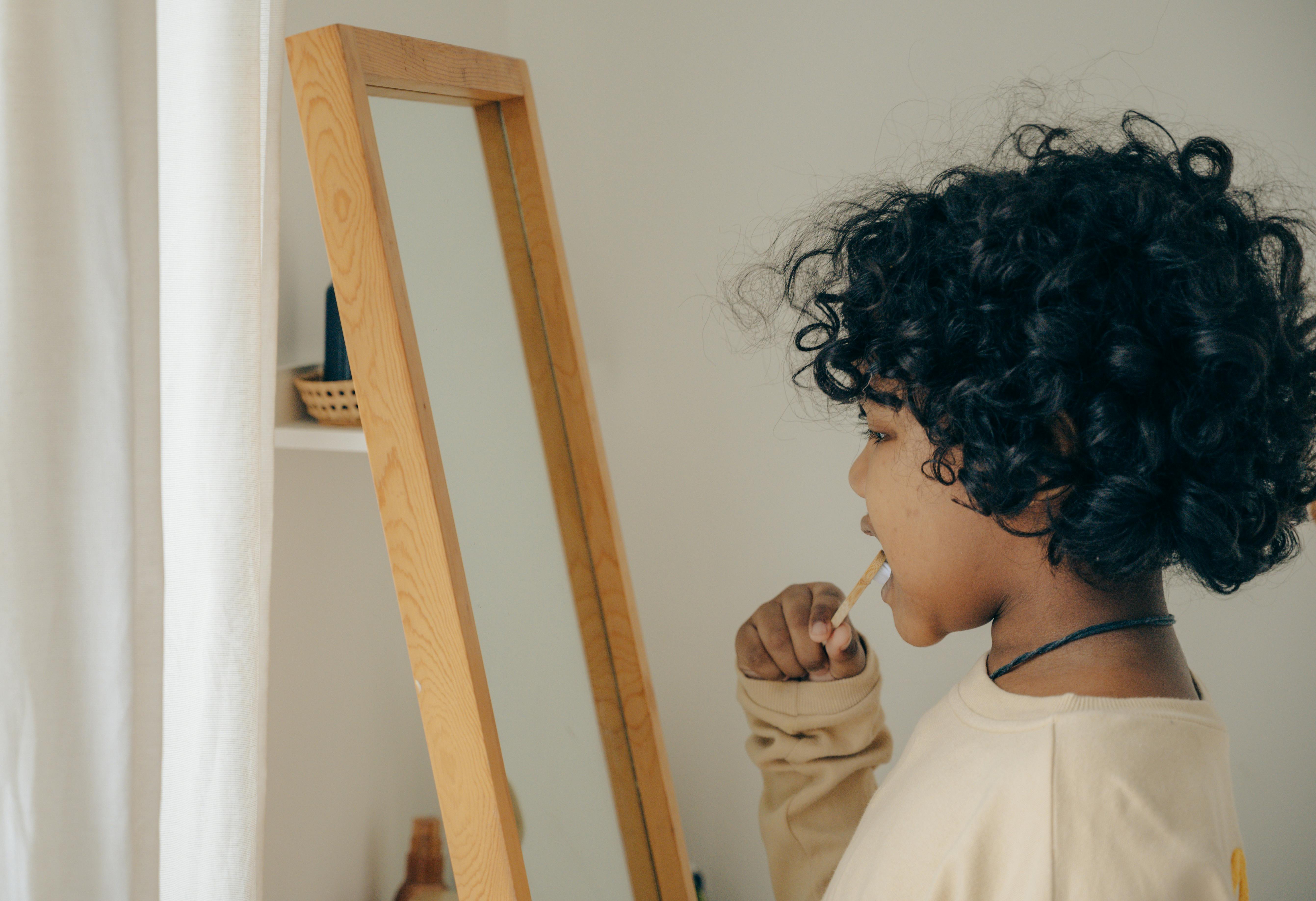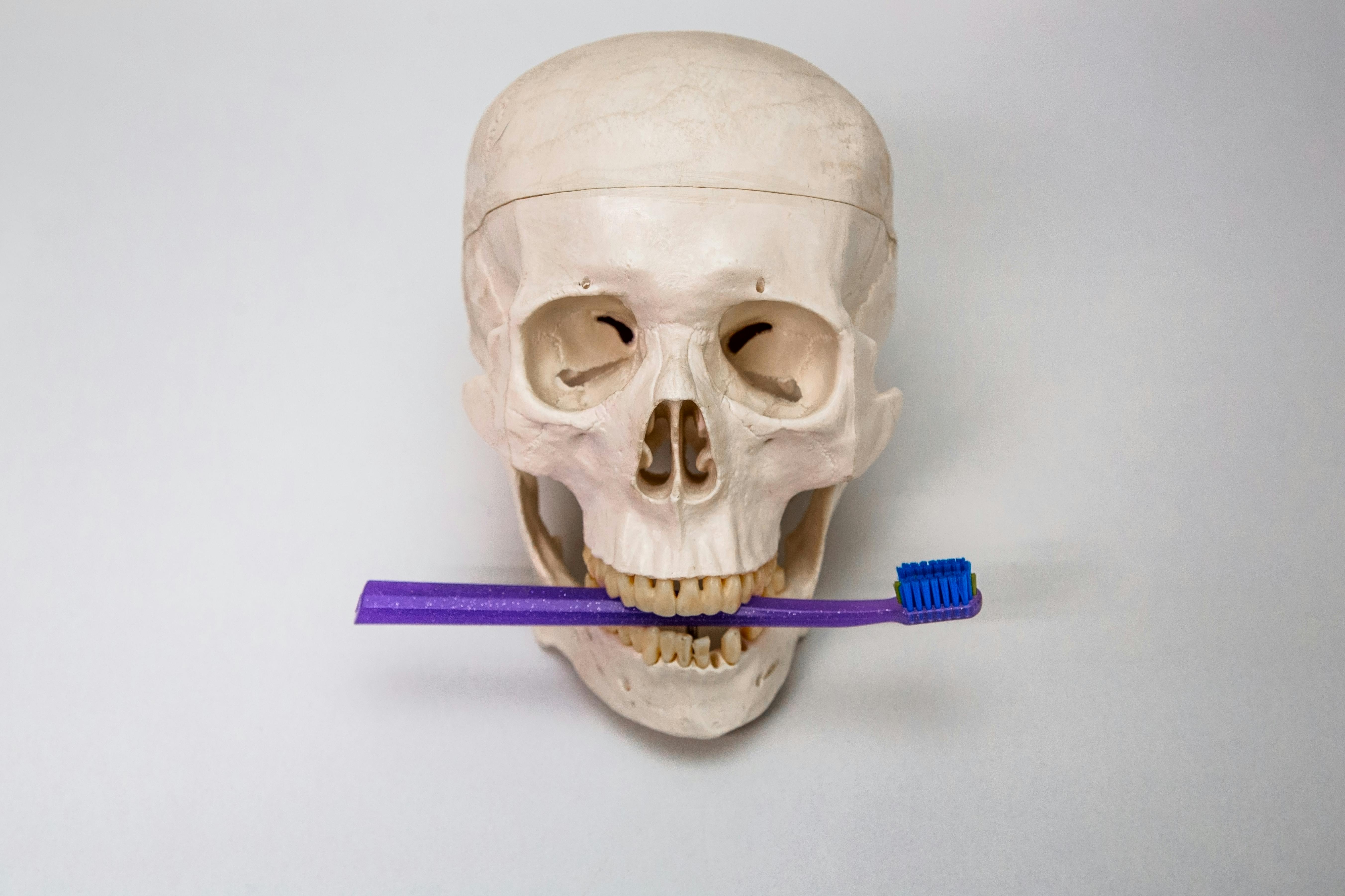Good oral hygiene is essential for overall health and wellbeing. Brushing your teeth is an important part of maintaining good oral health, but did you know that rinsing your mouth after brushing could provide additional benefits? In this article, we will discuss the importance of rinsing your mouth after brushing your teeth and the various ways in which you can do it.Rinsing your mouth after brushing your teeth can provide several benefits for your oral health. It helps to remove residual food particles and bacteria that brushing alone may have missed. Additionally, rinsing with a fluoride mouthwash can help to fight plaque, reduce cavities, and freshen breath. Rinsing also helps to wash away toothpaste residue which can lead to discoloration on the teeth and cause bad breath if it is not removed.
The Proper Way to Rinse After Brushing Teeth
Properly rinsing your teeth after brushing is important for maintaining good dental health. It can help remove plaque and food particles that may be stuck between teeth, as well as reduce the chance of cavities or gum disease. Rinsing also helps keep your mouth feeling fresh and clean. To properly rinse after brushing your teeth, follow these steps:
1. Spit out the toothpaste foam or any other residue left in your mouth.
2. Fill a cup with tap water and swish it around your mouth for about 30 seconds, making sure to reach all areas of your mouth and between teeth.
3. Spit out the water, then rinse again with plain water one more time if desired.
4. Finally, use a clean cloth or towel to pat your lips and the rest of the area around your mouth dry.
Following these steps can help ensure that you are removing any bacteria or debris left behind from brushing, while also helping to maintain good oral hygiene habits overall. Additionally, if you’re using an antibacterial mouthwash after brushing, make sure to rinse twice – once with just water and then again with the mouthwash – for best results.
Taking care to properly rinse after brushing is an important part of maintaining good oral health habits, so make sure to add it as part of your daily routine!
What Type of Solution Should You Use to Rinse?
When it comes to rinsing your mouth, the best type of solution to use depends on the type of dental procedure you have undergone. If you have had a dental procedure such as a root canal treatment, or any other type of invasive procedure, it is important to rinse with a solution that is specifically formulated for post-operative care. These solutions are designed to reduce inflammation and help promote healing.
If you have recently had a simple cleaning or whitening treatment, however, then a less aggressive solution may be more suitable. In these cases, an antibacterial mouthwash or warm saltwater solution can be used to rinse away any residual bacteria or debris. For those who suffer from gum disease, an antiseptic mouth rinse may be recommended for daily use in order to keep bacteria levels low and reduce inflammation.
No matter what type of dental treatment you have had done, it is important to follow your dentist’s instructions when it comes to rinsing your mouth afterwards. This will ensure that your mouth stays as clean and healthy as possible and help minimize any risk of infection or further complications.
What Happens if You Don’t Rinse After Brushing?
If you don’t rinse your mouth after brushing, it can lead to a buildup of toothpaste residue in your mouth. This residue can cause a number of problems, including increased plaque buildup, tooth decay, and bad breath. Plaque is a sticky film composed of bacteria that builds up on your teeth and can cause cavities and gum disease. When there is an excess amount of plaque on the teeth, it can lead to cavities, gum inflammation, and eventual tooth loss.
Toothpaste often contains abrasives that are designed to help remove stains from the surface of the teeth. However, when you don’t rinse after brushing these abrasives can stay on the surface of your teeth and cause them to become scratched and damaged over time. This damage can make it easier for bacteria to stick to the surface of your teeth and cause further problems such as bad breath or gum disease.
Rinsing after brushing is an important part of oral hygiene because it helps remove any remaining toothpaste residue and prevents it from accumulating in hard-to-reach areas in your mouth. Rinsing with water will help get rid of any remaining debris from brushing as well as any leftover food particles that may be stuck between your teeth or around your gums. Additionally, rinsing with water helps wash away bacteria that can cause bad breath or other oral health issues.
Toothpastes that Require Rinsing After Use
Many toothpastes require rinsing after use, as they contain abrasive particles that can irritate the gums and teeth if left in the mouth. These types of toothpaste are typically made with a combination of abrasives such as calcium carbonate, hydrated silica, and alumina. The abrasives help to scrub off plaque and food particles from teeth to give them a clean, polished look. However, the abrasives can also cause irritation if not rinsed away after brushing. In addition, certain ingredients like fluoride can be difficult to rinse away if not done properly.
To make sure that you are using your toothpaste correctly and getting all of its benefits, it is important to read the manufacturer’s instructions carefully before use. Many toothpastes require users to rinse their mouths thoroughly with water after brushing in order to remove any remaining abrasive particles. Some products may also recommend swishing a small amount of water around the mouth before spitting it out in order to ensure that any remaining toothpaste is removed. Following these steps will help ensure that your teeth stay healthy and your gums remain free from irritation caused by abrasive particles.
It is also important to remember that some toothpastes contain special ingredients such as fluoride or other active ingredients that need extra attention when rinsing out of the mouth. If you are using one of these products, it is important to follow the manufacturer’s instructions closely in order to maximize its efficacy and avoid any potential negative side effects from leaving too much product in your mouth after brushing.

Rinsing Your Mouth After Brushing: Pros and Cons
Brushing your teeth is an important step in your oral hygiene routine. But many people wonder if it’s necessary to rinse your mouth after brushing. Rinsing your mouth after brushing can have both pros and cons, so it’s important to understand them before deciding if it’s a good idea for you.
The main advantage of rinsing your mouth after brushing is that it helps to remove bacteria from the surface of the teeth and gums. This can help prevent the buildup of plaque, which can lead to dental problems like cavities and gum disease. Rinsing with water or an antibacterial mouthwash can also help reduce bad breath.
However, there are some drawbacks to rinsing your mouth after brushing as well. For one, rinsing too soon after brushing can actually wash away some of the fluoride that is left behind on the teeth from toothpaste. This could leave you more vulnerable to tooth decay and cavities in the long run. Additionally, rinsing with an antibacterial solution could disrupt the natural balance of bacteria in your mouth, leaving it more vulnerable to infection or other problems.
Ultimately, whether or not you choose to rinse your mouth after brushing depends on what best meets your personal oral health needs. If you’re concerned about bad breath or plaque buildup, then using a mild antibacterial solution may be beneficial for you. On the other hand, if you’re worried about tooth decay then you may want to avoid rinsing with anything but plain water after brushing and just make sure that you brush thoroughly with a fluoride toothpaste every day.
Rinsing After Brushing
Rinsing your mouth after brushing your teeth is an important part of a good oral hygiene routine. It helps to remove any remaining toothpaste and debris that may be left behind after brushing, as well as helping to flush away bacteria. Rinsing your mouth after brushing helps to keep your teeth and gums healthy and reduce the risk of tooth decay and gum disease. It is recommended that you rinse your mouth after brushing at least twice a day, in the morning and evening. If you are using a mouthwash, it is best to wait at least 30 minutes before rinsing after brushing. This allows the ingredients in the mouthwash to work properly and help protect your teeth and gums from further bacterial activity.
Is It Better to Rinse Before or After Brushing?
Rinsing your mouth before brushing your teeth is the best way to ensure you are getting the most out of your brushing routine. Rinsing first helps to remove any food particles that may have been left in your mouth before brushing, as well as any bacteria that could have been lingering. This allows for a much deeper clean when brushing, as the bristles of the brush can reach areas that were previously inaccessible.
After brushing, rinsing again is important for ensuring all traces of toothpaste and debris are removed from your mouth. This also helps to reduce plaque build-up and the risk of cavities and other dental problems. Swishing a small amount of water around in your mouth after brushing also helps to freshen breath and leave you feeling clean and confident throughout the day.
Brushing twice per day with a fluoride toothpaste is key for maintaining good oral hygiene, so it’s important that you make sure you’re doing it properly. Rinsing before and after brushing can help make sure you’re getting the most out of your cleaning routine for a healthy, happy smile.

Conclusion
Rinsing your mouth after brushing is important for maintaining oral hygiene and preventing the buildup of bacteria.Rinsing helps to remove any remaining food particles and plaque from your teeth, as well as getting rid of any toothpaste that may be left in your mouth.Rinsing can also help to freshen your breath and reduce bad breath.It is important to use a mouthwash that has been approved by the American Dental Association and to make sure that you rinse for at least 30 seconds.
Overall, rinsing your mouth after brushing is an important part of maintaining good oral hygiene, reducing the buildup of bacteria, and keeping bad breath at bay. It is recommended that you rinse your mouth with an ADA-approved mouthwash every time you brush your teeth in order to keep your teeth and gums healthy.
